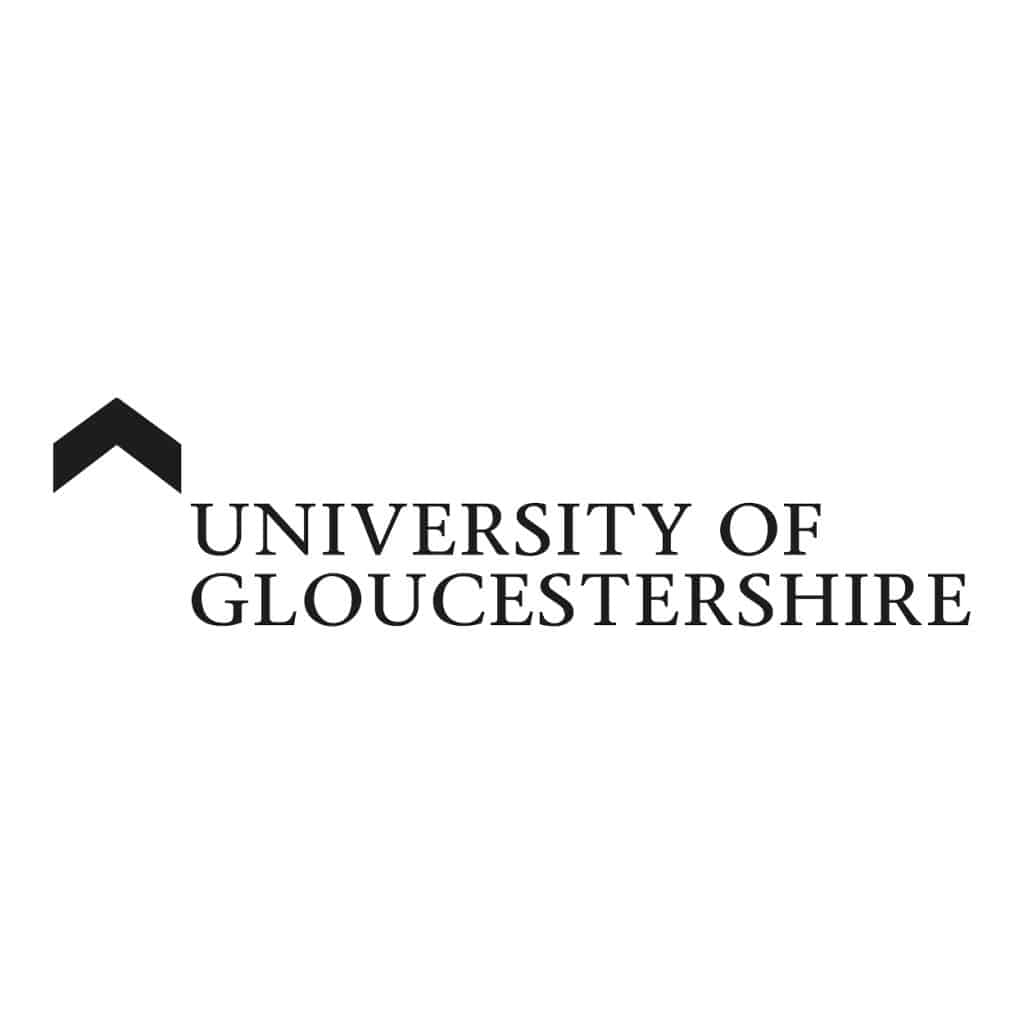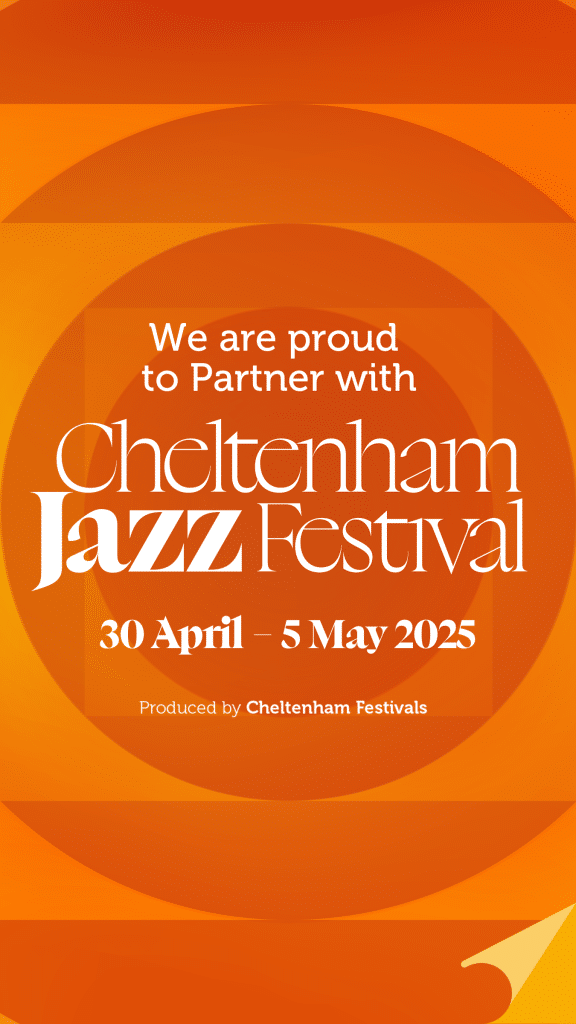Gloucestershire College’s 100-year Prospectus Book History
Do you have any fond memories of Gloucestershire College from yesteryear?
Running since the 1920s, the college’s Prospectus books have been through quite a journey. Some things have drastically changed, some have remained very similar.
After more than 100 years, Gloucestershire College says goodbye to their printed prospectus as they know it, as part of their carbon zero journey.
Gloucestershire College has proudly introduced a new sustainable series of course cards, minimising printed paper waste. Their new Prospectus now comprises of a welcome info sheet and single subject-specific cards, for both their further education and higher education courses.
What better way to celebrate the College’s changes and progression over 100 than to revisit prospectuses through the ages! They’ve rounded up some of the highlights.
1920s-1930s
Known as Cheltenham Technical Schools in the 1920s, the schools offered higher technical education in the Cheltenham area.
Departments were:
• School of Commerce
• Science & Technology
• Day School of Commerce
• School of Arts & Crafts
• School of Domestic Science

Women and men socialised in different areas.
An excerpt from the 1920 prospectus reads: “A Common Room has been provided for the use of women and girl student, who have free access to it at all times – both day and evening – for social purposes.”
Elocution lessons: The art of speaking clearly and expressively! Students could apply for a series of 20 lessons in elocution, taking place on a Thursday evening.
By the 1930s it was named Cheltenham Technical College. It boasted large workshops for technical courses, and had departments in Retail Distribution, Automobile and Engineering.

1940s-1950s
Known as the North Gloucestershire Technical College, there were departments and courses in Engineering, Science, Mathematics, Commerce, Housecraft, Bakery, Catering and Food Technology.
There were courses for Post Office Messengers, and courses ran at specific times to cater specifically for women. There were also a number of secretarial courses and courses to teach short-hand typing. Housekeeping and Catering was taught in the ‘Domestic Science Department’, however breadmaking was taught in the ‘Department of Pure and Applied Science’, showing it to be regarded as a technical skill!

In 1944 the college had a great focus on engineering. Within the engineering department, there was an aeronautics course with facilities boasting a wind tunnel that reached speeds of 90mph!
Following the Second World War, engineering was a hugely important area. An excerpt from the introductory pages of the 1944 prospectus reads:
“The need for increasing the opportunities for the further education of those concerned with industry and commerce has become more generally realised recently. An attractive site of some twenty-three acres was acquired in 1938, and although the outbreak of war caused a postponement of the erection of the proposed new Technical College, confidence in the future of the country was shown when, during the height of the Battle of Britain, the Engineering Department was begun as a first instalment.
The Technical College when completed will, with its neighbour St. Mary’s College, provide an educational centre of two colleges standing in forty-three acres of wood-and beauty which will serve as a permanent memorial of the faith shown in the value of education during one of the most difficult periods of the nation’s history.”

1960s-1970s
The North Gloucestershire Technical College started providing courses in new technologies with a focus on computing. In September 1966, the Mathematics Department was proud to oversee the installation of a new I.C.T 1901 computer.
There were special courses in:
• Control Engineering
• Digital Computer Systems
• Colour T.V. Servicing
• Microwave Communication Systems
In the 1960’s there was a ‘Milk Trade Courses Section’, that delivered a course in ‘Milk Processing and Control’ to meet the growing needs of the dairy industry.
There were also courses to prepare people for retirement, teaching “the general aspects of adjustment to modified way of living including money management, social services, ideas for voluntary work and hobbies, diet and health.”

For women, there were courses in home management and cookery. There was a ‘Brides’ Course for Young Women’.
The description reads:
“A basic course to include advice on budgeting, purchase of food, planning and cooking meals and entertaining.”
There was also a ‘Food and Family’ course, “particularly suitable for young married women who have not had the opportunity of a full time course in Cookery, Nutrition and Home Management.”
If home cooks wanted to expand their culinary skills in the 1970s, there was a Continental Cookery Course: “For students who wish to learn how to prepare continental and national dishes which they have enjoyed while on holiday. Less usual foods, flavours and cooking with wine.”
In 1970, the two branches of Gloucestershire College of Art in Cheltenham and Stroud amalgamated with the Gloucester City College of Art to form the Gloucestershire College of Art and Design (GCAD).

1980s-1990s
The 1980s saw Gloucestershire College of Arts and Technology deliver a huge range of courses in arts, cookery, computing, engineering and construction. There were also courses in hairdressing and beauty therapy, delivered in fully-equipped salons!
The college was proud to have comprehensive computer facilities, including terminals at each campus, and a Microprocessor Development Programme which enabled students to get hands-on experience with the new information machines.
Students could enjoy classes in ‘Freezer Cookery’, learning how to ‘freeze now, dine later’ and learn how to entertain in their homes.
In the Computing Department, students could choose to learn Cobol Programming, Fortran Programming or Pascal Programming.
The 1980s prospectuses also saw the first mentions of leisure courses, with the ‘Leisure Studies’ course. With a focus on events and travel, these courses have since been replaced with a range of options to study Travel and Tourism!

Many of the college courses took place at the Brunswick Campus which has since closed. Some also ran at Pittville Campus and at Oxstalls Campus. These are now a part of the University of Gloucestershire!
In the 1990s
The college welcomed around 3000 new students each year, making it the biggest centre for full-time education in the South West. With a huge focus on getting real-world experience in courses like hair, beauty, catering and hospitality, the college was also working to bring real-world experiences to courses like art, computing, and motor vehicle.
In the 1998, the new Graduations Salon was opened for hairdressing and beauty students after being refurbished by the brand Wella. Students celebrated the opening with a catwalk show!

2000s
2002 saw the opening of Cheltenham’s campus on Hesters’ Way, replacing the previous Park Campus. The college also had Brunswick Campus and Centre for the Arts on Brunswick Road, and Engineering facilities on Hempsted Lane. There was a dedicated sixth form centre, as well as the vocational courses that GC now offer!

Today in 2024
Gloucestershire College welcomes around 10,000 full-time and part-time learners and employs over 800 members of staff.
They teach around 20 subject areas, in further education and higher education, in industry-standard facilities, by passionate subject specialists.
Learners of all ages can study flexibly whether it’s full-time, part-time, whilst working with an employer, during the evening and online.
With meaningful work placements and employer connections with over 1,300 local businesses.
Including award-winning apprenticeships, BTECs, T-levels and university-level and professional qualifications, and career development for all students.
Filling local skills gaps and building a solid talent pipeline for the future.
Find out about the College’s new eco-friendly Prospectus here: New Course Cards | Gloucestershire College (gloscol.ac.uk)
Find out more about Gloucestershire College at www.gloscol.ac.uk
Other related stories:
• November Open Evening | Gloucestershire College (gloscol.ac.uk)
• GC Zero: The Journey to Carbon Zero | Gloucestershire College (gloscol.ac.uk)





